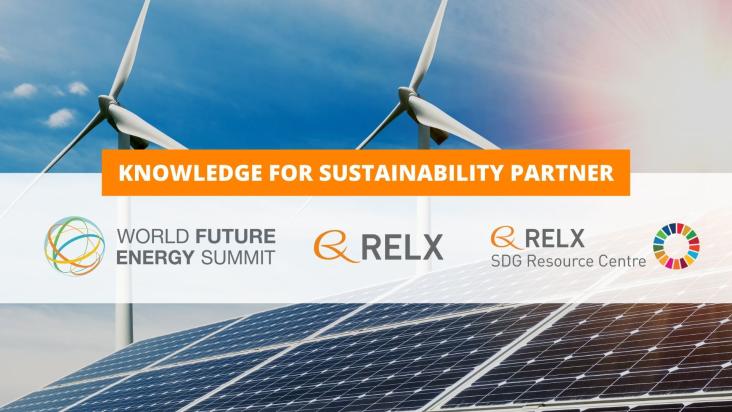Build resilient infrastructure, promote inclusive and sustainable industrialization and foster innovation

The UN High-level Political Forum on Sustainable Development (HLPF) will hold its 14th session in July 2026.

The rapid expansion of data centres is fuelling an urgent need for sustainable energy solutions.

Bringing together industry leaders, innovators and global thinkers, Future Energy Insights by the World Future Energy Summit takes an in-depth look at renewable energy and sustainability.

World Future Energy Summit and the RELX SDG Resource Centre have announced a new partnership to support sustainability innovation

Drawing on insights from the United Nations 10-Member Group on Science, Technology, and Innovation for the SDGs, Beyond 2030 reviews the framework’s achievements to date and delivers critical insights into how the SDGs can guide global cooperation and decisive local action well beyond 2030.

